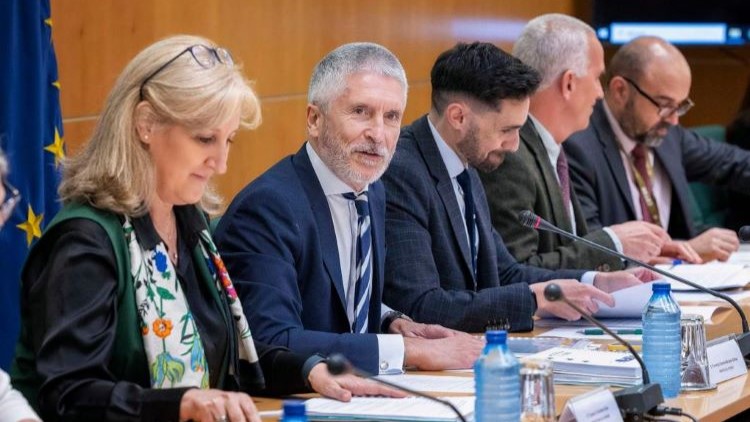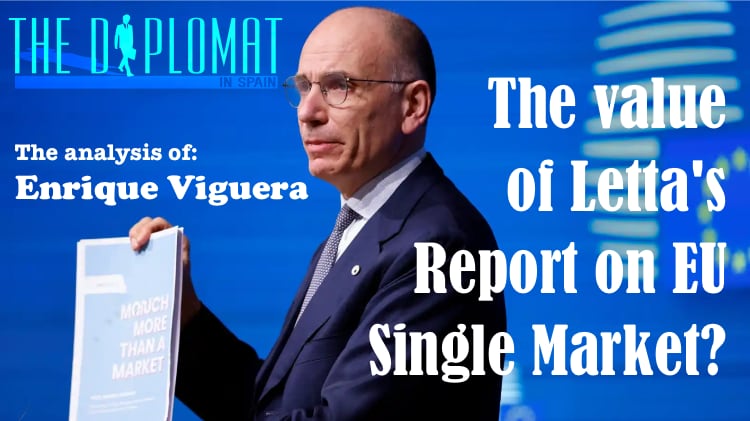The Diplomat
The Ministry of the Interior has activated the Coordination Network for Security in Electoral Processes with the aim of addressing disinformation and threats to communications and computer systems in the upcoming European elections on June 9.
The Minister of the Interior, Fernando Grande-Marlaska, chaired the meeting this past Monday in which the network was activated. He has been acting since 2019 following the recommendations of the European Union to safeguard the right of citizens to vote.
“We must remain very attentive to these threats because experience shows us that there are many national and international agents who try to interfere in our democracies and take advantage of any loophole to destroy the way of life in freedom that we have given ourselves,” Grande-Marlaska warned during the meeting.
The network is made up of the Central Electoral Board, the Presidency of the Government and the ministries of the Interior, Defense, Digital Transformation and Public Service and Foreign Affairs. The Department of National Security, the Spanish Data Protection Agency, the State Postal and Telegraph Society, the National Institute of Statistics and, on this occasion, the National Markets and Competition Commission also belong to the network.
To undertake its work and with the aim of integrating this national network within the European Election Security Network, its actions are structured in four large blocks: electoral process, personal data, physical security and cybersecurity and disinformation.
Regarding the development of the electoral process, the main actors that participate in the Network to guarantee security are the General Directorate of Internal Policy, the National Institute of Statistics, the General Directorate of Spaniards Abroad and Consultative Affairs, the National Cryptological Center and the State Postal and Telegraph Society.
For its part, the Spanish Data Agency will be in charge of monitoring attacks that may occur in the processing of personal data.
In the area of physical security for the elections, which includes the deployment of members of the National Police, Civil Guard, regional and local police, the network will also be responsible for protection against cyber threats, a mission in which The Administration’s Computer Emergency Response Centers (CERT), the Cybersecurity Coordination Office (OCC), the National Cybersecurity Institute (INCIBE) and the National Cryptology Center (CCN) will also intervene.
Finally, the Department of National Security will coordinate the fight against disinformation campaigns, a task in which the Secretary of State for Communication and the General Directorate of Communication, Public Diplomacy and Networks of the Ministry of Foreign Affairs also play a fundamental role. European Union and Cooperation.







